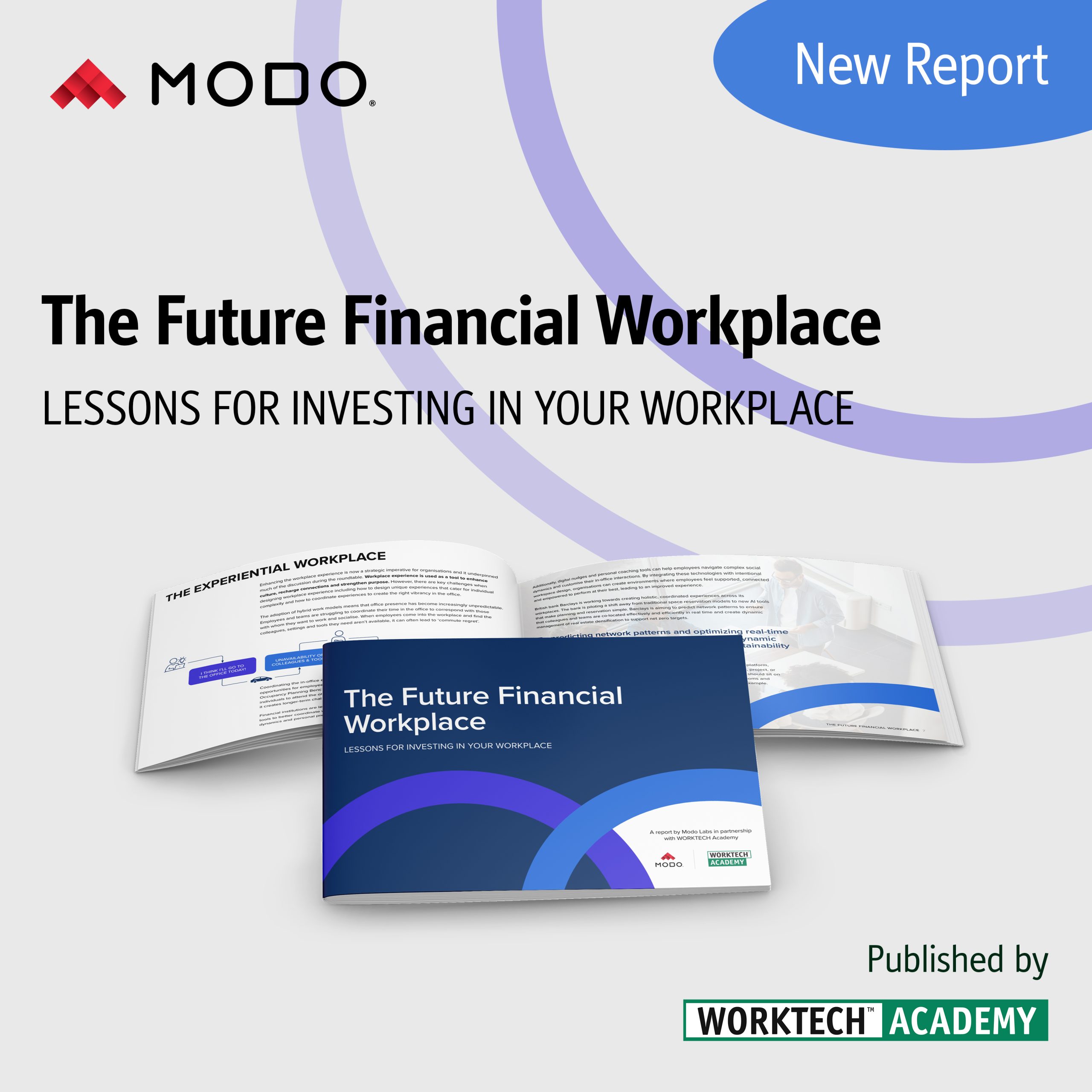Signal file: what this week’s headlines reveal about AI and work
From AI-led architecture to the rise of intuitive data tools, this week's roundup explores how embedding AI into core business practices is reshaping all aspects of work
Staying ahead in the rapidly evolving world of work means tuning in to the signals shaping the future workplace. In this weekly column, we highlight the latest news on our radar and its implications on business.
This week signals a major leap in AI adoption, spotlighting innovations from IBM, Canva, and OpenAI, which are making artificial intelligence smarter, simpler, and more accessible than ever. While Cove pioneers a fully AI-native architecture firm, other industry leaders are embedding AI deeply into daily workflows – transforming it from a supportive tool into the essential backbone of business operations of tomorrow.
Architecture enters AI-native era
Technology services firm Cove has launched the first full-service architecture firm powered by AI, promising faster, cheaper and more sustainable buildings. Instead of using AI to tweak existing workflows, Cove reimagines the entire process – from zoning to compliance – as a data-driven system.
In action: This presents an opportunity to form meaningful partnerships between technology and design firms to embed AI-practice into every stage of building development.
Smart tools become more approachable
Canva’s recent Visual Suite 2.0 update rolls out simplified, AI-enhanced productivity tools like spreadsheets, whiteboards and data dashboards – designed to feel less like traditional number-crunching and more like intuitive visual storytelling. Once the domain of dry, back-office workflows, tools like smart sheets and dashboards are now becoming more engaging, collaborative and design-led.
In action: Start considering data work as part of the creative process. Adopt platforms that turn everyday tools into user-friendly experiences.
AI enters enterprise infrastructure
IBM has launched AI-accelerated mainframes designed for enterprise workloads like banking and supply chain management. Built to run real-time AI directly where data lives, the systems reduce latency and avoid the risks of data transfer. It’s a sign that AI is becoming foundational to business infrastructure.
In action: Start treating AI as part of core operations, not an add-on. Find opportunities to strategically integrate AI into organisational systems to unlock faster, more responsive services.
Chat GPT nears one billion weekly active users
At TED2025, OpenAI’s CEO Sam Altman hinted that ChatGPT’s weekly active users have quietly doubled to one billion. While not publicly confirmed, the figure signals more than scale – it marks a critical shift in perception of AI. These tools are no longer novel or niche, they’re becoming embedded in daily workflows across industries and demographics.
In action: Your teams are likely already using AI, with or without guidance. Put clear policies in place that support safe, responsible use while protecting both your people and your business.








